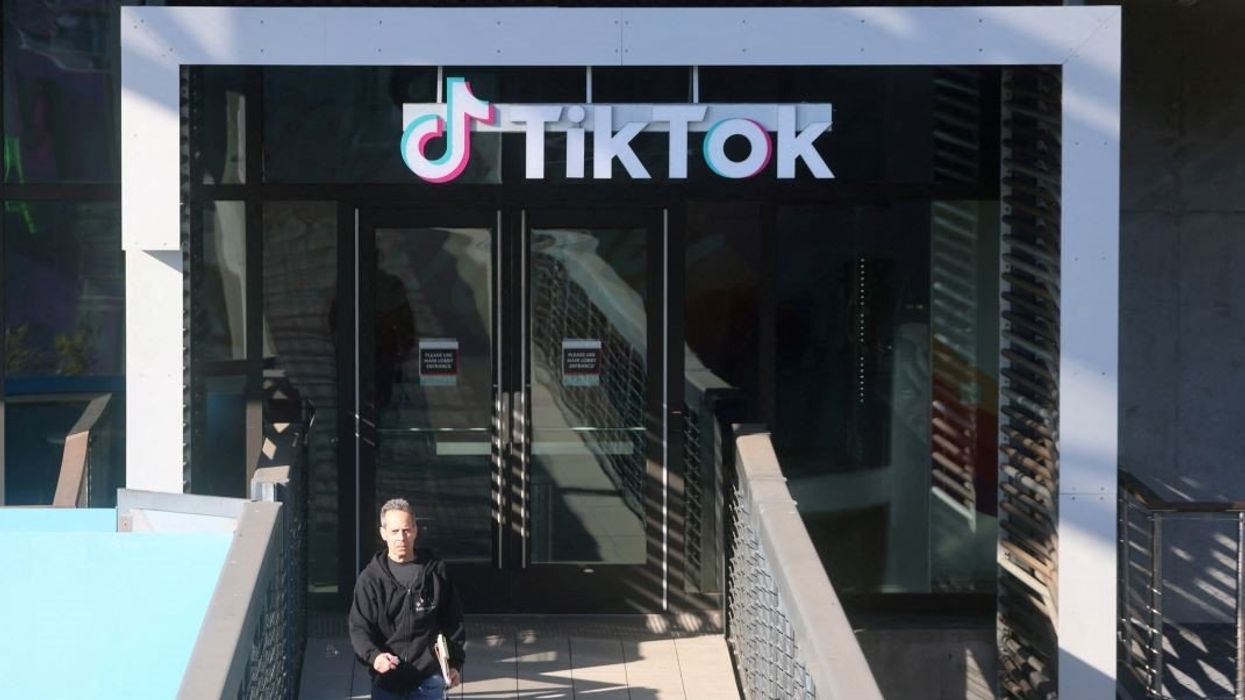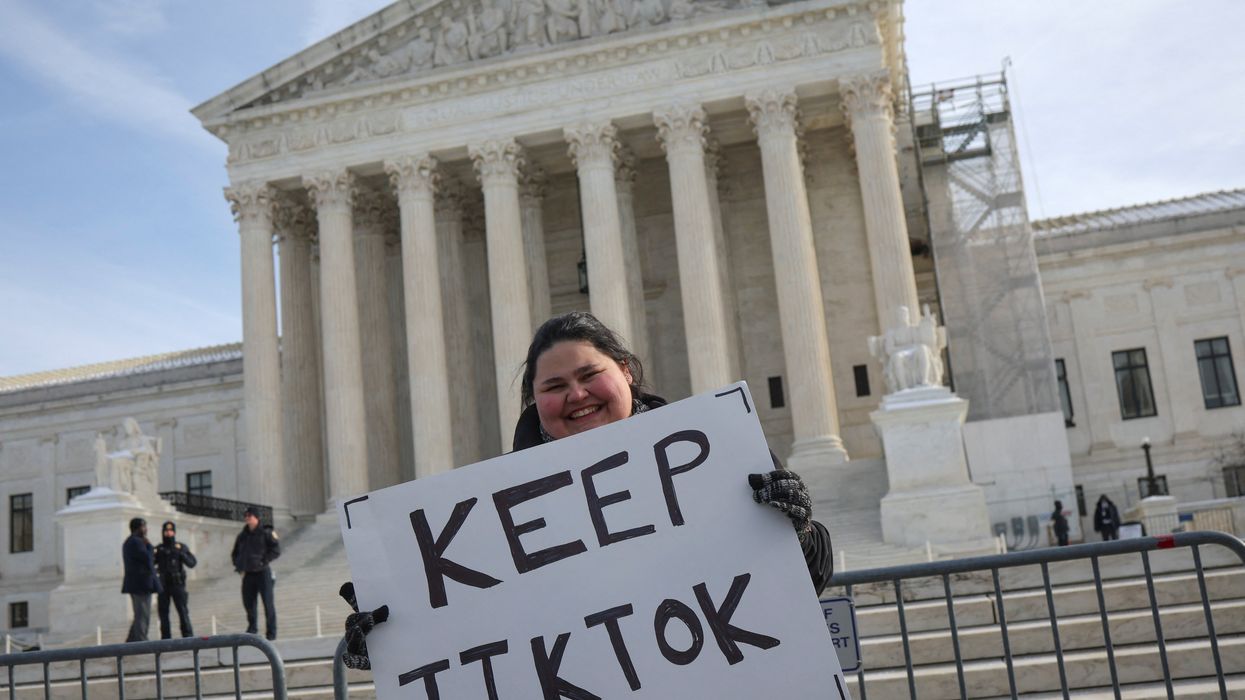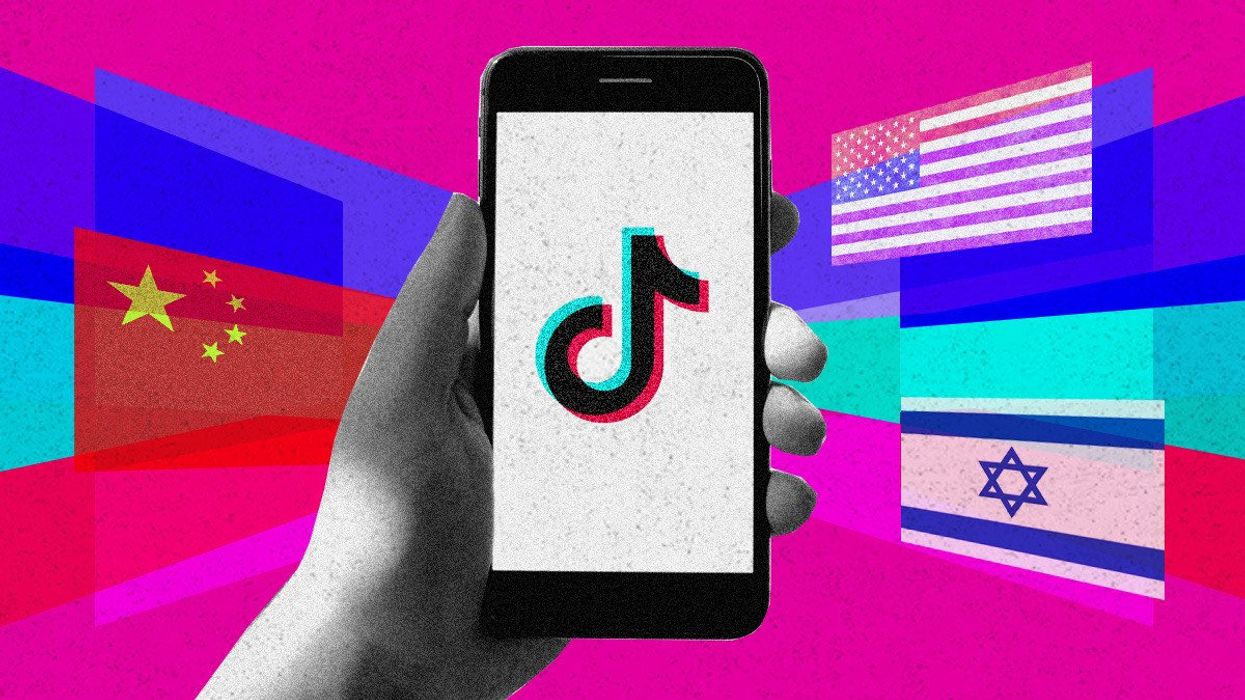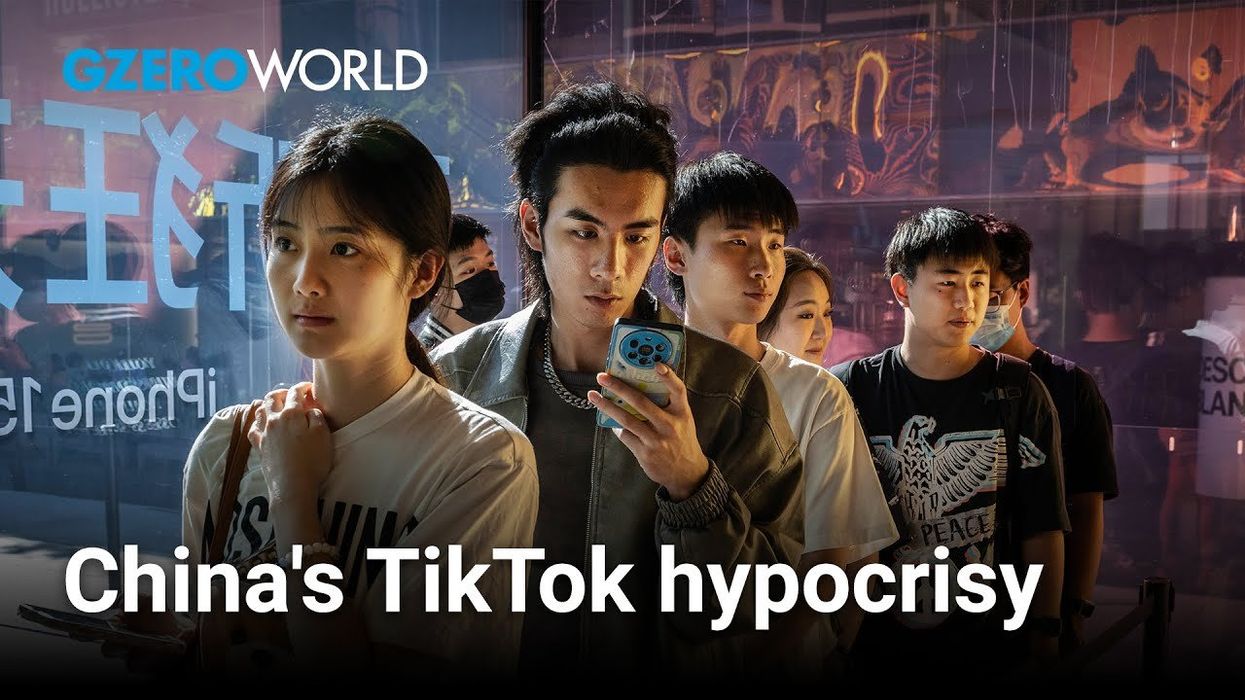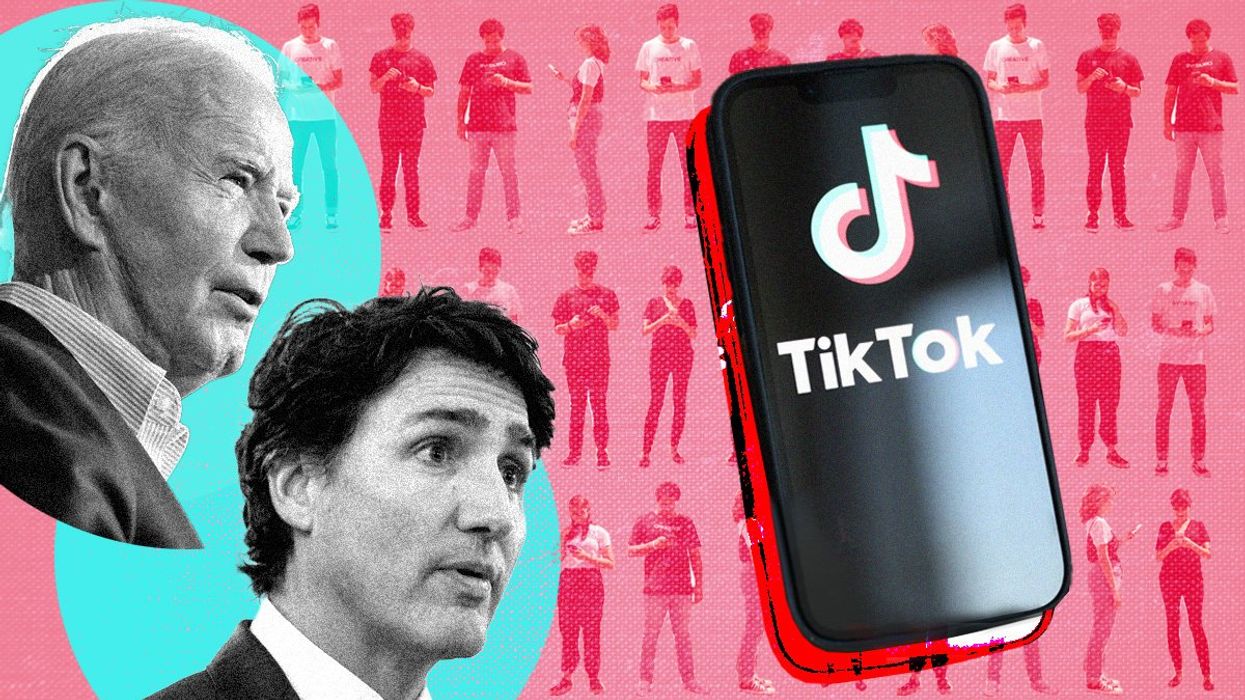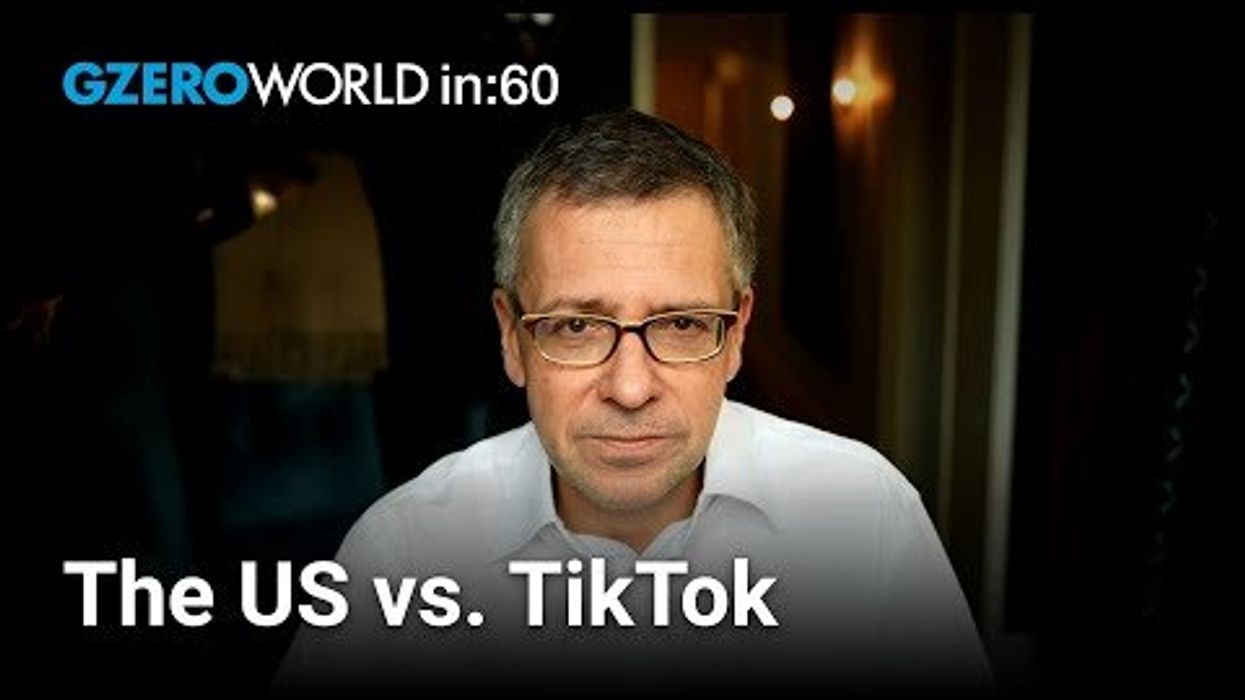News
Trump delays TikTok ban, for now
Remember the TikTok ban? The new deadline Donald Trump set for the app to find an American buyer was supposed to hit at midnight Saturday, but the US president gave it a 75-day reprieve via an executive order on Friday.
Apr 03, 2025
